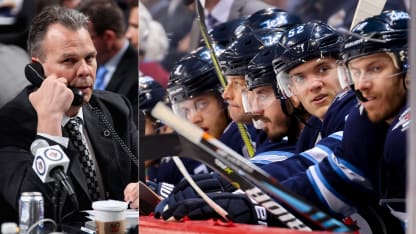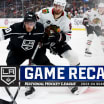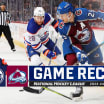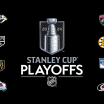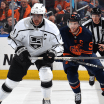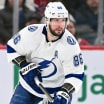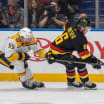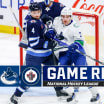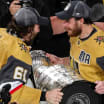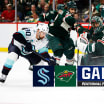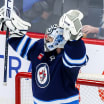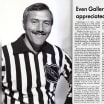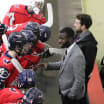The Winnipeg Jets are in the hunt for first place in the Central Division and the top seed in the Western Conference this season. General manager Kevin Cheveldayoff is trying to do his best to push them over the top.
The Jets (35-16-9, 79 points), who completed a 10-game homestand with a 4-3 loss to the Los Angeles Kings on Tuesday, are in second place in the Central, two points behind the first-place Nashville Predators. They are three points behind the Vegas Golden Knights for the top spot in the West.
RELATED: [2017-18 NHL Trade Tracker | Full trade coverage]
"There are a lot of outgoing phone calls in the situation we're in, more than incoming," Cheveldayoff said. "When you're in a situation like we're in, that we've earned the opportunity to look around to see if you can acquire, you maybe are a little more proactive about the outgoing calls than the incoming ones.
"That's not to say there isn't the same kind of chatter that goes on to see if there are potential deals, ones that maybe aren't necessarily deadline-driven deals."
Since becoming GM on June 8, 2011, Cheveldayoff has generally been conservative when it has come to making trades, preferring that the Jets grow and improve from within.
Winnipeg has qualified for the Stanley Cup Playoffs once (2015) in its first six seasons since relocating from Atlanta for the 2011-12 season. The Jets finished fifth in the Central (40-35-7, 87 points) last season, seven points back of Nashville for the second wild card into the playoffs from the Western Conference. Nashville reached the Stanley Cup Final.
"It's been very interesting this season," Cheveldayoff said. "You are really only as good as your last game. We've seen that in this homestand (the Jets went 6-3-1), that when you don't win you ask yourself questions and when you do win, you enjoy it for a bit and then you move on.
